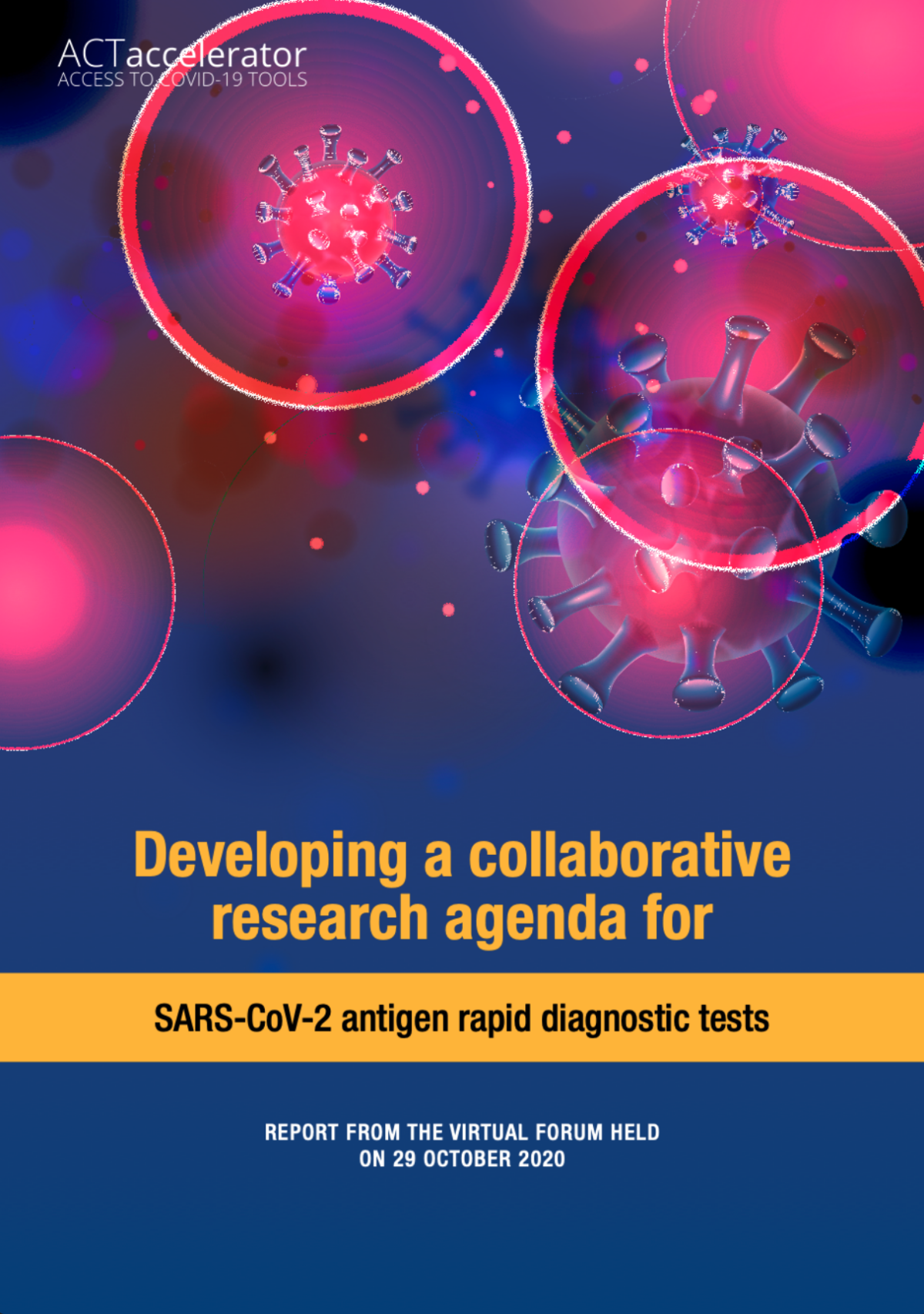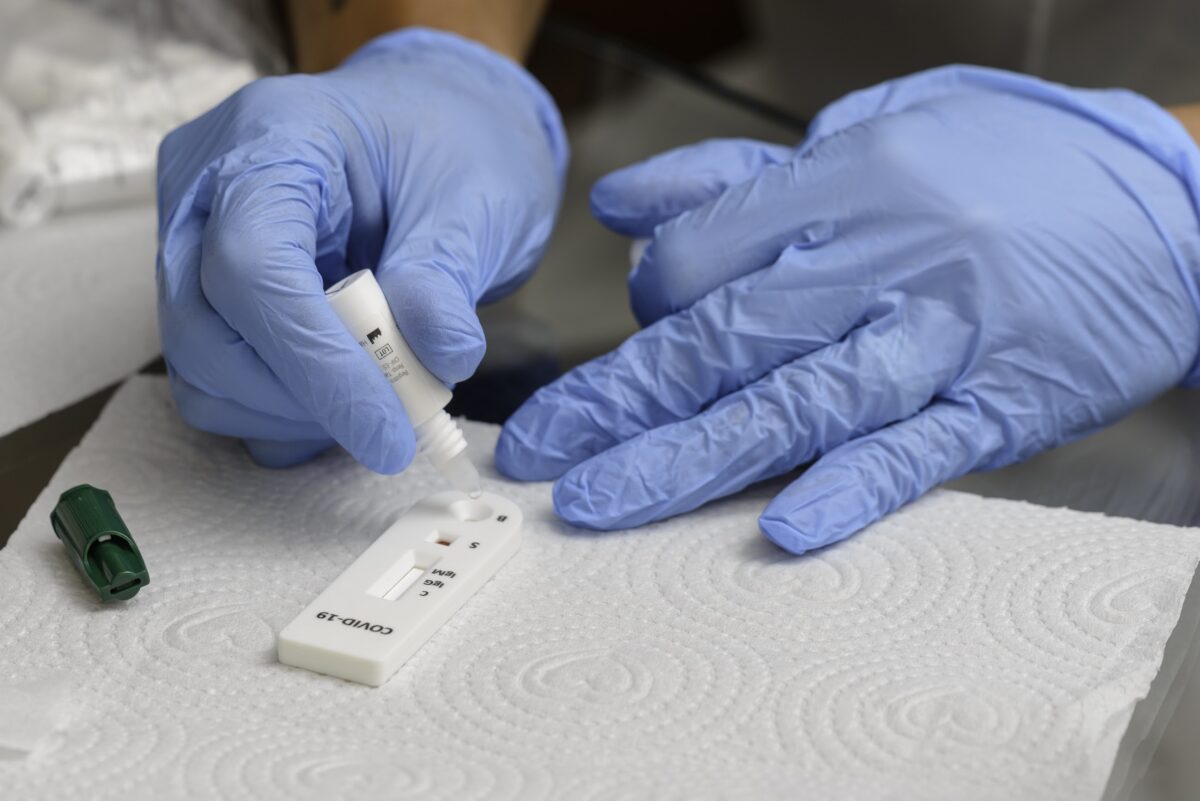Key takeaway: RDT agreements boost local manufacturing to supply millions of low-cost, high-quality tests for lower-income nations.
In July 2020 FIND and Unitaid launched a call via the Access to COVID-19 Tools Accelerator Diagnostics Pillar for expressions of interest (EOI) to speed up availability and scale up manufacturing of rapid diagnostic tests (RDTs) for COVID-19.
The EOI was geared towards increasing supply of regulatory approved, fit-for-purpose SARS-CoV-2 Ag RDTs that met WHO criteria of quality, cost and accessibility. This was particularly needed in low- and middle-income countries (LMICs).
Innovators, developers and manufacturers of RDTs and in vitro diagnostics, and LMIC-based diagnostic stakeholders, were invited to submit proposals.
Interventions included:
- Accelerating late-stage product development and optimization
- Facilitating technology transfer activities
- Conducting performance evaluation studies to support regulatory submissions
- Increasing production capacity
- Addressing supply chain challenges
- Strengthening local capacity for development and deployment of new tests within national testing strategies.
Driving down prices and supporting the use of less invasive specimens to enable faster LMIC uptake were also critical.
Over 100 applications were received, with 34 selected for review by a panel of external experts.
A first collaboration, with Premier Medical Corporation in India, was announced in January 2021. By July that year, additional technology transfer agreements were signed with stakeholders in Africa and Latin America.
These included an agreement with DCN Dx to transfer know-how to WAMA Diagnóstica (Brazil), and with Bionote and Mologic to transfer know-how to DIATROPIX of the Institut Pasteur de Dakar (Senegal).
There is a separate partnership between Viatris (South Africa) and Guangzhou Wondfo Biotech (China).
These agreements will lead to a dramatic increase in local manufacturing, ultimately making more than 250 million low-cost (US$2–2.50) tests available for LMICs.



